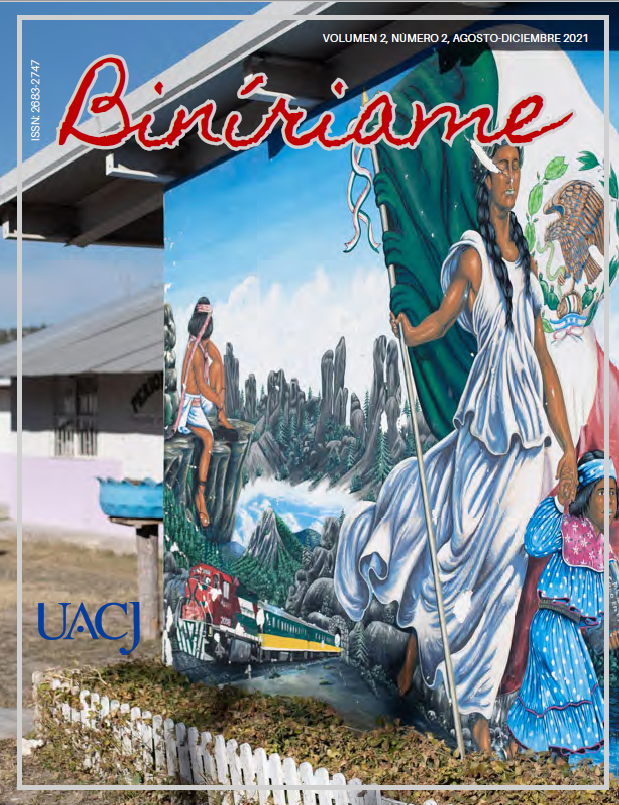Influence and impact of educational reforms of Enrique Peña Nieto and Andrés Manuel López Obrador in the Mexican society of the 21st century
DOI:
https://doi.org/10.20983/biniriame.2021.2.3Keywords:
curriculum change, educational politic, educational reformAbstract
The education in Mexico has undergone several changes throughout the course of history that we identify as reforms in the educational system. Since the 1980s, policies were introduced in the laws so that textbooks, curricular contents and teacher training were included from basic education to the higher level in order to improve education in the population. Since then the economy has imposed itself on education minimizing its status as a public good and affecting the integral formation of girls, boys and
young people; that is, the educational service is more concerned with human capital than with the quality of learning which is an effect of an individualistic and competitive education, far from a solidary and community reality, causing inequalities in society and affecting the human right to education. Thus, the right to education allows us to enter an educational institution to learn in decent conditions, but for this the community must play an essential role. The pedagogies must go hand in hand with each other in order to expand knowledge and educational power. That is why in this writing we mention the latest educational reforms in our country: an educational reform based on changing the way of understanding and learning in terms of improving educational quality (New Mexican School) and the other, a reform focused on training and competency assessment for teaching staff (Education Sector Program).




